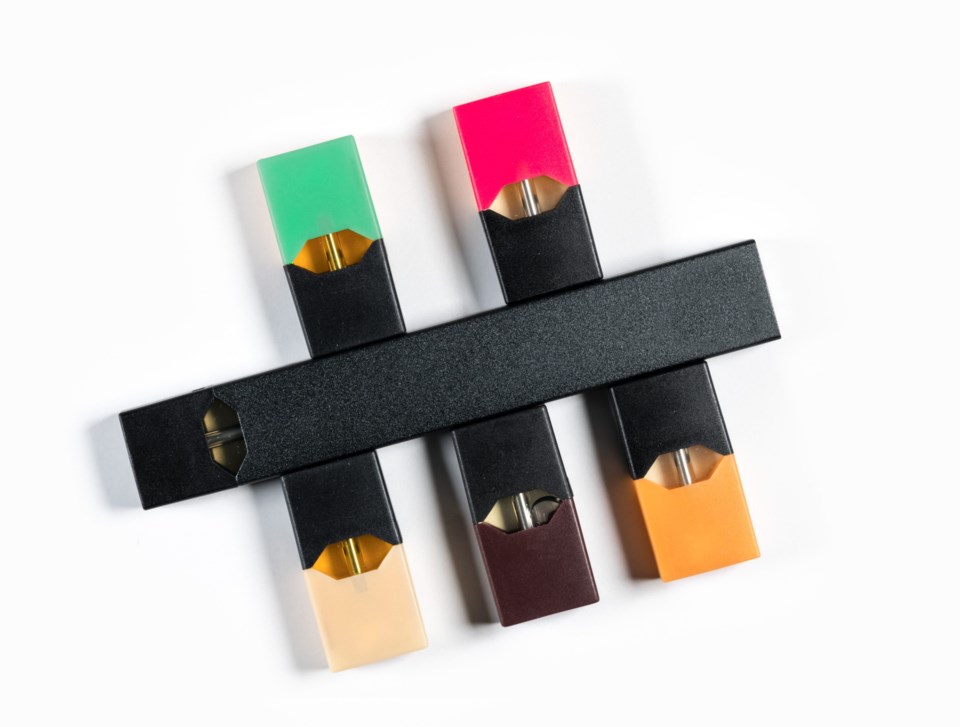The state of Texas will soon receive a $42.8 million settlement against e-cigarette Juul. Attorney General Ken Paxton announced the settlement in a press release on September 6.
“When I launched this investigation over two years ago, my goal was to make sure Juul was held liable for any wrongdoing done in the past and ensure that they change direction to fully comply with the law going forward. This settlement helps accomplish both of those priorities,” Paxton said. “My commitment to protecting consumers from deceptive business practices is unwavering, and any company that misleads Texans, especially our youth, will be held accountable for their actions.”
The Texas Office of the Attorney General (OAG) first announced an investigation into the company back in 2020. The investigation was in response to evidence showing Juul Labs misrepresented the health risk associated with their products and promoted them to children and young adults who were not of legal age.
The Juul company gained a cult following of users because of flavors such as mint, cucumber and crème brûlée. But these flavors led to the company facing issues with younger people smoking earlier on.
The two-year-long lawsuit against the manufacturer was joined by 34 states and territories and amounts to $438.5 million in total. The settlement will be spread about between six to 10 years and will accrue interest if the company waits to pay. If the company waits the full 10 years to pay the settlement, the final amount owed would increase to $476.6 million. The settlement includes an agreement to restrict the company further.
“The agreement also includes strong marketing, sales and distribution restrictions, including restrictions on marketing to persons under age 35, limits on in-store displays and access, online sales limits, retail sales limits, age verification requirements on all sales, and a retail compliance check protocol,” the press release adds.
The Food and Drug Administration (FDA) banned the sale of Juul products on July 23 but the next day a federal appeals court temporarily blocked the ban.
The following states and territories are joining Texas in the settlement: Alabama, Arkansas, Connecticut, Delaware, Georgia, Hawaii, Idaho, Indiana, Kansas, Kentucky, Maryland, Maine, Mississippi, Montana, North Dakota, Nebraska, New Hampshire, New Jersey, Nevada, Ohio, Oklahoma, Oregon, Puerto Rico, Rhode Island, South Carolina, South Dakota, Tennessee, Utah, Virginia, Vermont, Wisconsin and Wyoming.




